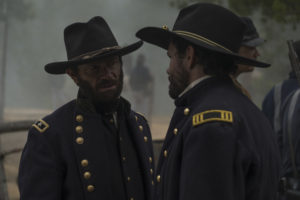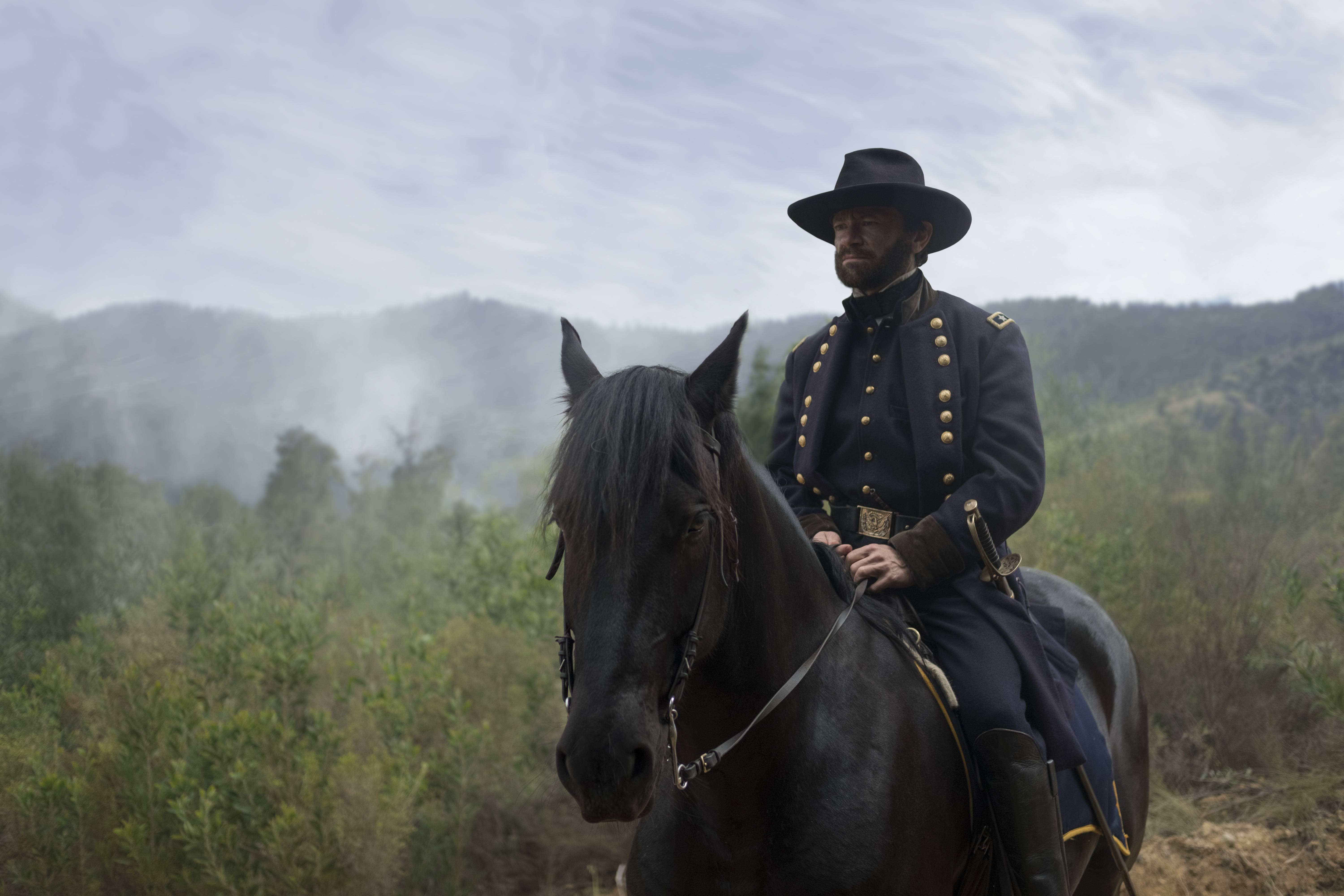The new mini-series takes a quick look at the Union general’s long road to success
The 2017 publication of Ron Chernow’s prize-winning tome Grant, helped to revive interest in Ulysses S. Grant, arguably the Union’s most important general and this country’s 18th president, whose character had long been marred by rumor and innuendo. The History Channel’s 3-part miniseries of the same name, produced by Leonardo DiCaprio and based upon Chernow’s book, seeks to do the same. If you can appreciate it for that intent, you will indeed appreciate it. If you are seeking meticulous historical accuracy and Academy Award-worthy battle scenes, you will be disappointed. And, frankly, that would be a shame. Because it seems clear from the beginning and the breakneck speed at which the series summarizes Grant’s pre-Civil War life, that there will be no deep dive here into the more complicated pieces of Grant’s character. But, instead, a general overview of his steadfast nature and dogged determination in most matters that carry him from a simple and unsuccessful life of obscurity, to heading the entire Union Army, orchestrating its final success in the Civil War, and lastly to the presidency of the United States. At this, the series succeeds, and those of us already immersed in the study of the Civil War can hope that its success will translate into a new, wider interest in learning about Grant and, of course, the conflict itself.
The series makes no apologies for calling out the Lost Cause narrative which has driven the public conversation about the Civil War for much of the 20th and 21st Centuries—forcing the dialogue into discussions about whether the war was fought over slavery or states’ rights, and by so doing, muting the conversations about not just the massive military efforts put out by both sides seeking to win the war, but also the immense social disorder brought about by the Union’s victory. Much of that upheaval was defaulted to Grant to manage after the assassination of Abraham Lincoln and during Grant’s later terms as president.

Six hours is hardly enough time to scratch the surface on many of these topics, and for much of the series, it’s impossible to ignore the rushed treatment that Grant’s family life and close relationships are given, despite the fact that many of those portrayals are highlights in Chernow’s book. Likewise, Grant’s shortcomings, most notably his naivete in business matters and, of course, his alcoholism, are expertly explored in the book but given the time constraints receive just a little more than a nod here.
The series does take time to focus attention on some of the larger themes, though, including military strategy, particularly Grant’s Vicksburg campaign and his efforts in Petersburg to bring the war to a close. Likewise, Grant’s efforts both during and after the war to win fair treatment for the formerly enslaved population is highlighted here, including Grant’s successful efforts to abolish the KKK during his tenure as president, an achievement that has deserved more recognition than formerly afforded it.
Justin Salinger does a fine job of portraying Grant in the dramatized scenes of the series, but the reenactments, tarnished by inaccurate materiel culture and made-for-tv dialogue, are not where Grant’s story is told. Instead, an impressive and diverse lineup of Grant and Civil War experts, many who are contributors to our magazines, readily guide the viewer through his life and the war, with careful analysis and emphasis on aspects of the conflict and Grant’s character that summarize both eloquently and with such a passionate interest in the subject that, again, one can hope their enthusiasm will inspire a new public interest in the study of the Civil War and its ultimate victor, Ulysses S. Grant.





